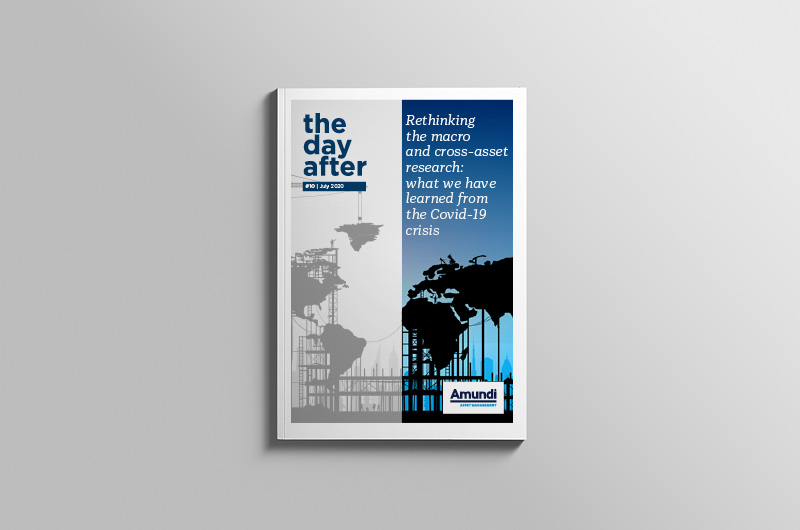A change in script on emerging markets
A lot of us spend an inordinate amount of time reading through erudite commentators on anything related to markets. ‘Stay informed’ is a common headline logo. Does this collective wisdom improve investment decisions?
The current equity rally has a fountain of opinion on why and what it means. Wordplay is part of the fun: FOMA, don’t fight the FED, TINA and a new favourite, BEACH, which captures the ‘risk-on’ trading as an acronym for Booking agencies, Energy, Airlines and auto, Cruise lines and Hospitality.
Storytelling is in the DNA of equities, while bonds and credit make do with turgid terms in an effort to make the sector come to life. One can make a case that fixed income relies on facts, whereas equity is fiction; where the reader has a natural preference towards one genre.
Longer-term capital market assumptions should gravitate to the non-fiction shelves. The basis of any forecast (or rather ‘expectation,’ to be clear that there is no absolute certainty) is underpinned by a set of data and a methodology. It will contain a bias in what weight to apply to some metrics and of course the forecasts that are used, but at least that is relatively transparent.
This input should be the basis of strategic asset allocation. If the outlook changes, it suggests a serious review of any portfolio allocation.
A cursory survey of various providers such as GMO, Vanguard, Blackrock, Research Affiliates, etc, of long-term capital returns uniformly put US large-cap equities in the lower return pool ( ranging from -3.6% to 4% in real terms) while Emerging Markets get the gong at the upper end, generally around 7% in real terms. Unsurprisingly, government bonds are forecast to have negative real returns and credit hovers in a narrow band around the high single-digits. Most find it easy to fall in line with the views on fixed income, but few are prepared to back the US versus Emerging Market call.
For this decade, this has proven correct as most regions struggled to match the S&P500. So far this year, it has been a mixed bag. China A-shares have held up relatively well, as has the S&P, albeit reliant on a handful of names. Is this the start of an EM cycle, especially if it’s centred on Asia rather than dragging in Latin America and other less compelling regions?
Facts can be found. On a macro level, China’s GDP growth rate is inevitably slowing, yet the US growth rate has also and may lose its demographic dividend if it limits immigration. China’s productivity has more upside than that of the US. Inflation between the two regions is more or less the same. A possibly important factor is the ROE of the corporate sector. US return on investment has been the thrust of its equity returns, Emerging Market ROEs have not done so, given equity issuance rather than US-style de-equitisation. The relative immaturity in its corporate sector along with poor strategic investment decisions have been another drag on EM.
But within China, there is a similar pattern evolving that has led the S&P500 upwards. High ROE, or its moniker, “quality stocks,” have been the driving force. On the quiet, China A-shares are starting to resemble that pattern. Since 2016, first-quartile ROE stocks have doubled in value, whereas the others have, on aggregate, shown flat returns.
Perhaps the long-term capital assumption shops will quietly change their designation from EM to China or Asia, and claim victory at long last.









